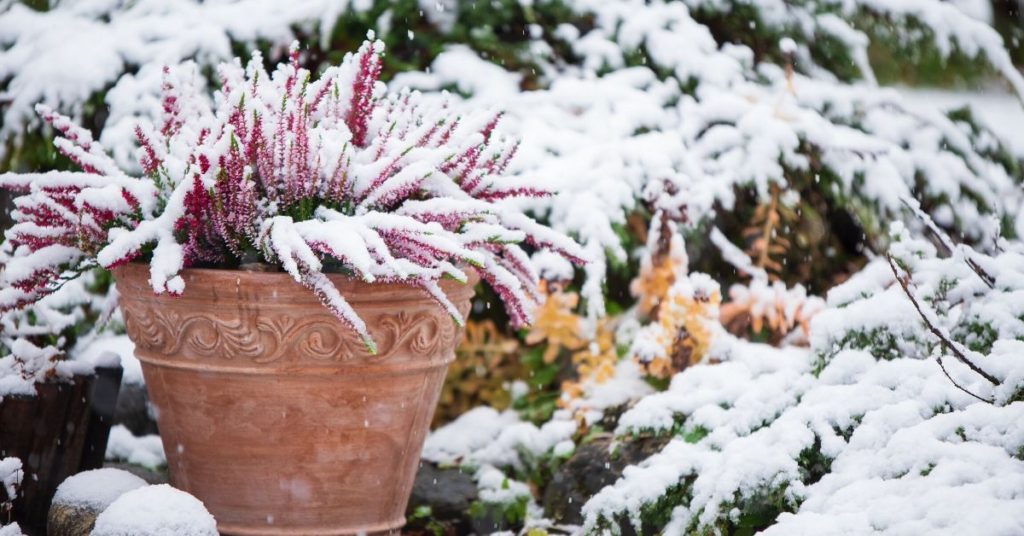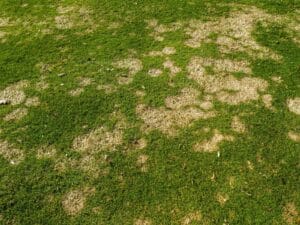Some gardeners believe they don’t have to maintain their garden in the winter because they’ve already done the heavy lifting in other seasons. However, if you want your gardening to go smoothly once the sun comes out again, preparing it during winter will save you effort in the long run; don’t let your hard work go to waste. Keep on reading to learn how you can prepare your garden for the cold weather.
Clean up Rotting Plants
Old plants make your garden look uninviting, and they also harbor diseases, pests, and fungi. Unwanted insects feeding on your crops throughout the spring and summer will lay eggs on your plants’ stalks and leaves, and you’ll end up with families of insects. They won’t just stay in your garden; they’ll make their way into your home, too.
To prevent a pest infestation, you must remove spent plants from your soil’s surface and bury them in garden trenches; this adds organic matter to your soil, which will improve your soil’s tilth (cultivation of land) and overall health.
Regenerate Your Compost
You may be tempted to ignore your compost heap in the winter, but this is a missed opportunity. Material composted over the summer is usually finished and ready to go come winter; you can use it to top up garden beds, amend deficient soils, or fertilize lawns and landscaping to nourish your soil. It’s the best way to jumpstart growth for the next year.
Additionally, cleaning out finished compost makes way for another batch, which you can insulate against winter’s chill. For best results, you’ll need to build your compost heap in the fall by using leaves, straw, sawdust, and kitchen scraps.
Prepare Your Soil for Spring
Most gardeners make the mistake of prepping their soil in the spring, but fall is the best time to dig in amendments like manure, compost, bone meal, kelp, and rock phosphate. Adding nutrients before winter means they’ll have time to start breaking down, which will enrich your soil. Best of all, you won’t have to wait until your garden dries out in the spring to work the soil for the first time.
Consider doing a fall tilling to improve your soil’s drainage before extreme weather hits. Once you’ve added amendments, cover your flower beds with sheet plastic to prevent winter rains from washing them below the active root zone.
Don’t Forget Your Trees and Shrubs
Protect your trees and shrubs from the snow by surrounding them with a cylinder of snow fencing and packing straw. Inspect them and remove any broken limbs, then make a clean cut close to the trunk.
Don’t stop watering your plants in the fall. You don’t have to water them as often, but do make sure to saturate root zones.
Contact Summit Lawn & Pest Control
To ensure your garden stays healthy in the winter, you should contact Summit Lawn & Pest Control. Our lawn care services will keep your grass green and luscious, and we’ll take care of those unwanted pests for you. Call us today for a free quote.







